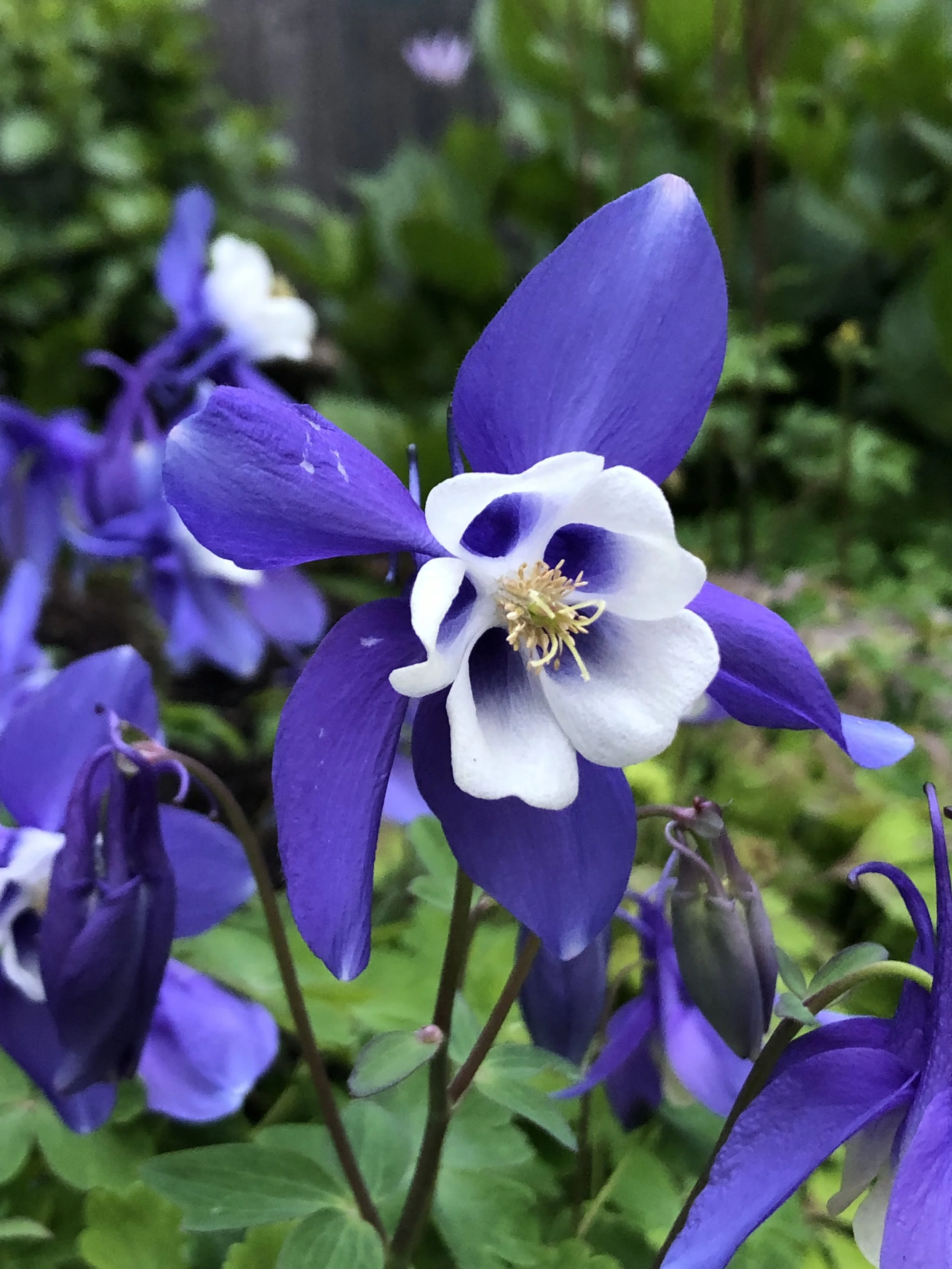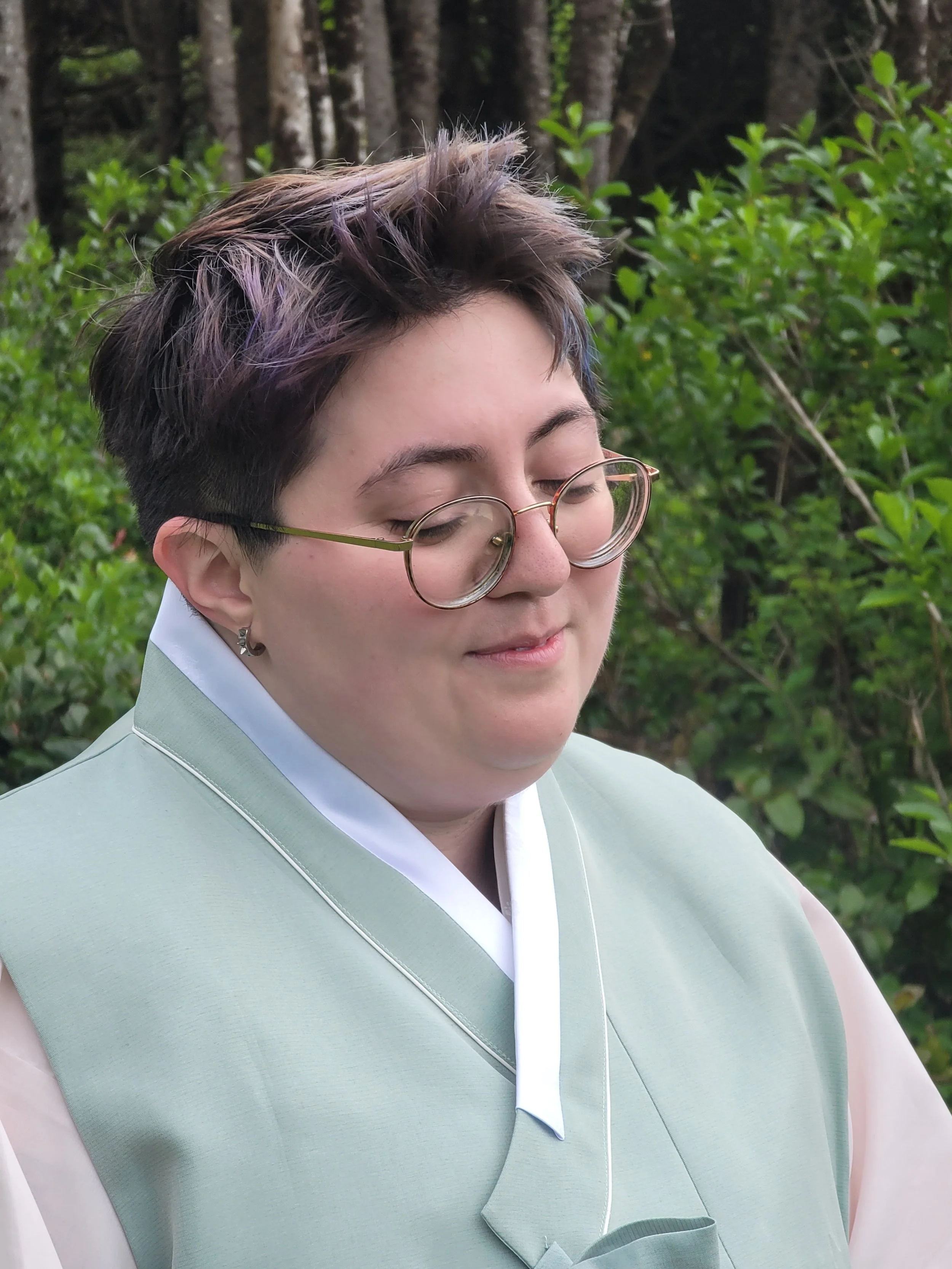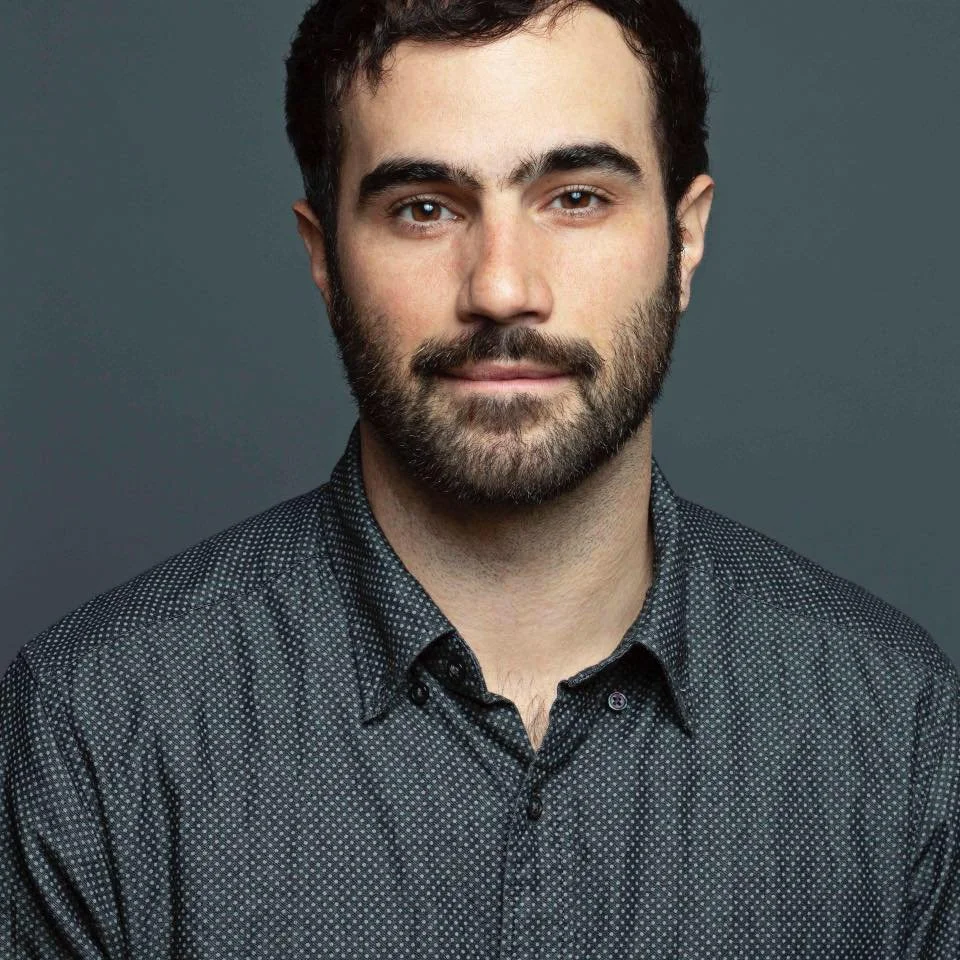Vision Statement
We strive to empower a compassionate and just society through transformative counseling and therapeutic practices that dismantle oppressive systems and honor the dignity and worth of all individuals.
Our mission is to educate, advocate, and empower professional helpers in integrating anti-oppressive principles into their work, fostering inclusive and culturally responsive practices that address the intersections of identity, power, and privilege. We strive to create a community of practitioners who prioritize social justice, challenge systemic barriers, and promote healing and liberation for all.
Mission Statement
Anti-Oppressive Practice
As a start, we use Intersectionality (Crenshaw, 1989), the ADDRESSING Model (Hays, 2001), Critical Theory, Feminist Theory, Postcolonial Theory, Queer Theory, Critical Race Theory, and Disability Scholarships to guide our understanding of anti-oppressive practice.
The ADDRESSING model provides a comprehensive framework for understanding multiple dimensions of identity:
Age and generational influences
Developmental disabilities
Disabilities acquired later in life
Religion and spiritual orientation
Ethnic and racial identity
Socioeconomic status
Sexual orientation
Indigenous heritage
National origin
Gender
Key tenets are as follows:
Recognition of Systemic Oppression: Acknowledge that oppression operates at systemic levels, not just individual interactions.
Intersectionality of Identities: Understand that individuals possess multiple, intersecting identities that influence their experiences of privilege and oppression.
Non-Additive Nature of Oppression: Recognize that the experience of multiple marginalized identities is not simply additive but creates unique, emergent experiences.
Context-Dependent Power Dynamics: Acknowledge that power dynamics and social standings of identities can vary across different environments and cultures.
Avoidance of Oppression Olympics: Resist the urge to compare or rank different forms of oppression, recognizing the unique challenges faced by each intersection of identities.
Active Disruption and Dismantling of Oppressive Systems: Anti-oppressive practice goes beyond recognition and understanding; it actively seeks to challenge, disrupt, and dismantle oppressive structures and systems.
Cultural Humility: Engage in continuous self-reflection, recognize power imbalances, commit to lifelong learning about diverse cultures, and center the experiences of marginalized communities. This approach fosters an inclusive environment that respects and values diversity while challenging personal biases and assumptions.
We recognize that our approach and framing of anti-oppressive practice has its limitations and growth edges.
Complexity of Measurement: We acknowledge the difficulty in quantifying or objectively measuring oppression across different intersections.
Avoidance of Oversimplification: We recognize the need to resist the tendency to oversimplify the interpretation of problems on individual axes, particularly the gender axis.
Recognition of Within-Group Differences: We acknowledge that even within specific intersections, there can be significant variations in individual experiences.
Historical and Contextual Variability: We understand that social identities and their implications are not fixed but vary historically and contextually.
Inclusion of Privilege: We need to incorporate analysis of both disadvantages and privileges experienced by individuals based on their intersecting identities.
Values
Compassion: Driven by empathy and understanding towards others' experiences and struggles.
Courage: Demonstrating willingness to face fear, pain, uncertainty, adversity, opposition, and take a stand for justice.
Collaboration: Working together towards common goals, leveraging diverse perspectives and strengths.
Excellence: Striving for the highest standards of quality and achievement in all endeavors.
Equity: Ensuring fairness, justice, and universal access for all; and addressing systemic inequalities and oppression.
Ethics: Upholding moral principles and integrity in decision-making and actions.
Humility: Recognizing one's limitations and valuing the contributions of others.
Holism: Addressing the interconnectedness and intersectionality of different aspects of life, personhood, and well-being.
Integrity: Acting with honesty, transparency, and consistency in all interactions.
Respect: Valuing the dignity, diversity, and autonomy of every individual.
Self-Examination: Committing to continuous critical self-reflection, interrogation, growth, and receiving feedback.
Andrew Wood Phd, LPC (OH)
He/him/his
Oregon State University
Who We Are
Kok-Mun Ng Phd, LPC, LCMHC, NCC, ACS
He/him/his
Oregon State University
Founder of NARTIC the Lead Collaborator of The Counseling Roundtable
Wes Enos, BA, Counselor-in-training
He/him/his
OSU
Wes is a master's student in Oregon State University's clinical mental health counseling program. He is the founder of The Generations Project, an LGBTQ+ intergenerational storytelling nonprofit organization preserving LGBTQ+ history through live performances and community engagement. With a background in history and ethnic studies, Wes brings a deep understanding of marginalized communities and a passion for empowering individuals through storytelling and connection.
Ana R. Resendiz, MSC, PPS-SC, APCC
She/her/ella
Oregon State University. Redlands Unfied School District
Ana R. Reséndiz (She/her/ella) is a doctoral student in the counselor education and supervision program at Oregon State University. She is a bilingual school-based mental health professional and an associate professional clinical counselor in California. She earned her Master’s in Counseling (Dual concentration in School Counseling and Professional Counseling) and a Pupil Personnel Services (School Counseling) credential from California State University, San Bernardino. There, she trained and specialized in Narrative Therapy, CBT trauma, crisis intervention, individual and group therapy, and Multi-Tiered Systems of Support (MTSS).
Brandon Guzman MS, LPCa
He/him/el
OSU, The Child and Family Guidance Center, Conexión
I am one of the founding members of Conexión, a group of Spanish speaking clinicians who formed together in southwest Connecticut with goals to address disparities in mental health care within the Latine community and to provide clinical support for Spanish speaking clinicians working with Spanish speaking clients.
Tricia Christakos BA, Counselor-in-training
She/her/hers
OSU, CSI
I have worked in the medical field and mental health services that are part of the medical model. I want to help dismantle the systemic barriers to care that so many oppressed identities face.
Jay Yeong-Tae Gomez BFA, Counselor-in-training
They/them/theirs
OSU, Hwarang Healer
Jay is a Korean shaman studying mental health counseling. Their shamanic practice supports a holistic view of healing that bridges the gap between traditional and modern views of mental health as a reflection of multicultural competency. Before studying at OSU, they supported intellectually and developmentally disabled people in their care homes for four years as a disabled person themself, advocating for increased quality of care.
Monica Adams BA, Counselor-in-training
She/her/hers
OSU
Monica holds a bachelor’s degree in psychology from Oregon State University (OSU) and is currently a master's student in OSU’s counseling program on the clinical mental health counseling track. She has been actively involved in disability advocacy for the past five years and currently volunteers as a member of her local disability services agency’s Disability Advisory Council where she is involved in legislative advocacy work at the state level in Oregon.
Alex Yam MA, Registered Associate
She/her/hers
North Albany Wellness Center
https://www.psychologytoday.com/us/therapists/alex-yam-albany-or/1341351
Megan Mantey MA, LCMHC, NCC
She/her/hers
University of Maine at Augusta
Cindy Ko BA, Counselor-in-training
She/her/hers
OSU
















